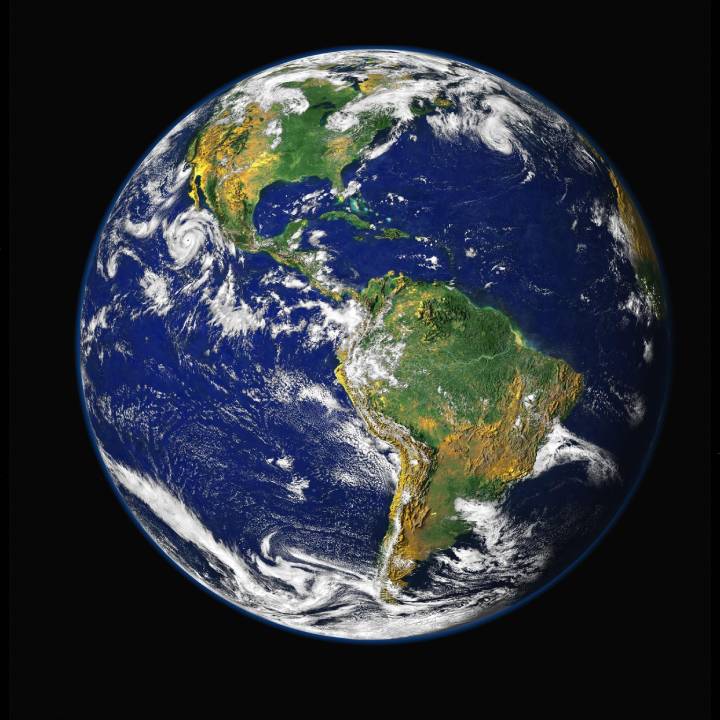Category
Cunningham LecturesThe contemporary prominence of climate change confirms the democratic and ecological deficits of global governance. When authority migrates from states into the international system, democracy does not usually follow, causing problems in a world where legitimate political authority ought to be democratic. There is no World Environment Organisation to match (say) the World Trade Organisation. The two deficits may be linked, for in national contexts democratic innovation and environmental concern have often proved mutually reinforcing. The democratisation of global environmental governance can be approached by contemplating how the engagement of discourses in the global public sphere can be subject to more inclusive and competent control. Then we might think about how this engagement could join in a more deliberative system in which effective authority is exercised. The results are likely to look very different from familiar state-based electoral democracy.



